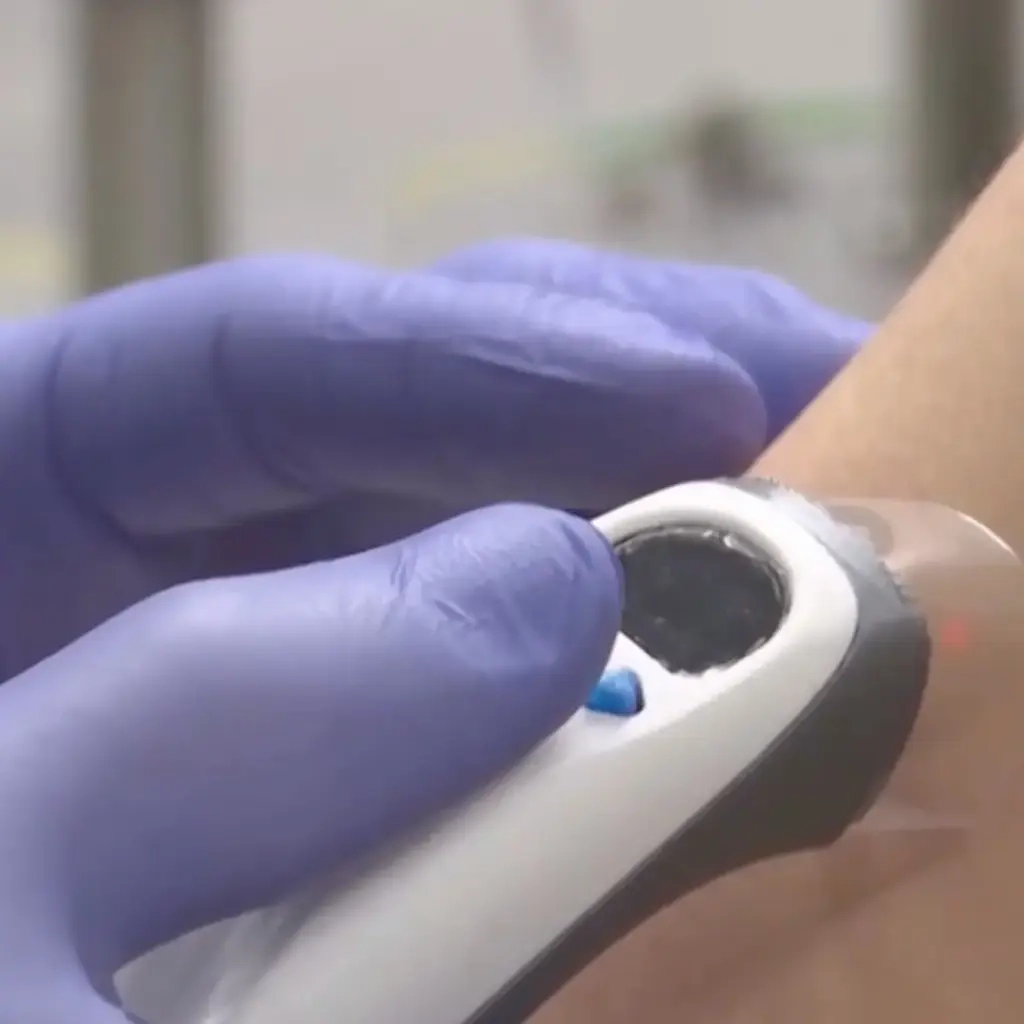Recently, a study by the research team at The Conversation. They used rodents as specimens, sleeping, lying on our sides helps shield our brains against neurodegenerative conditions including Parkinson’s, ALS, and Alzheimer’s. While they may be brought on by sleeping on our front or backs.

The results of the study showed that side sleeping is the most effective position for glymphatic clearing. Although the causes are not yet entirely understood, they may be connected to the effects of gravity, brain tissue compression, and brain tissue stretching. This has led to the discovery and further study of glymphatic clearance. According to the National Institute of Health, the Glymphatic clearance is the macroscopic process of convective fluid transport in which harmful interstitial metabolic waste products are removed from the brain intima.

This glial-dependent waste clearance pathway in the brain drains away toxic proteins and metabolic products. And this waste removal happens during sleep. That is to say; during sleeping time, this brain process and function gets going to distribute substances necessary for brain function and to eliminate harmful waste. But while we are awake, it is largely switched off.

We All Need Sleep

This may explain why sleep is necessary for the survival of even very little organisms like flies. Whales and dolphins alternate between brain hemispheres as they sleep, keeping the other hemisphere awake to look out for predators and remind them to breathe.

It is also proven medically that as we age, the quality of good sleep declines. This explains why elderly adults have an increased chance of developing neurological diseases. Sleep issues are a typical ALS symptom. One night of sleep deprivation, according to research published in the scientific journal PNAS, can lead to an increase in the accumulation of hazardous waste proteins in the brain. The study also identified potential ALS treatments.
The glymphatic system may be a possible therapeutic target in the treatment of ALS, according to the study’s analysis of aging mice.
ALS and Its Impact

This sickness, the most prevalent type of motor neuron illness is called Amyotrophic Lateral Sclerosis (ALS), usually referred to as Lou Gehrig’s disease. People who have ALS gradually lose the capacity to start and control muscular actions, such as speaking, swallowing, and breathing.

Following the statistics of ALS alone, according to estimates from the Johns Hopkins University, it may be responsible for up to five out of every 100,000 fatalities in persons aged 20 and older in the United States, affecting as many as 30,000 Americans, with 5,000 new cases being diagnosed each year.

There is no recognized treatment. The sickness that Stephen Hawking, a famous physicist, suffered from has no known cure, but a new study suggests that the brain’s waste clearance system is crucial to the illness’s management. Genetic treatments and proactive measures can be taken though to reduce its impact. The Lancet also claims that research is improving our knowledge of the pathophysiology of ALS to aid in the creation of mechanism-based treatments.
“A more complete picture could pave the way for genetic therapies and preventative measures.”
How may the glymphatic system be made better? Neurodegenerative illnesses can be warded off with adequate sleep. Rapid eye movement (REM) and non-REM sleep are both types of sleep. According to PubMed Central, the latter stage is when our glymphatic function is most active.

The question now is, how do you enhance your deep or non-REM sleep to avoid being susceptible to ALS?
According to the American Academy of Sleep Medicine, enhancing deep sleep involves eating more fiber, less sweets, and avoiding caffeine at least seven hours before bed. Additional lifestyle modifications that can stop neurodegenerative illnesses. Also, according to PubMed, exercising and consuming Omega-3, which may be found in fatty fish, flaxseeds, and walnuts, can also help with brain waste removal.

